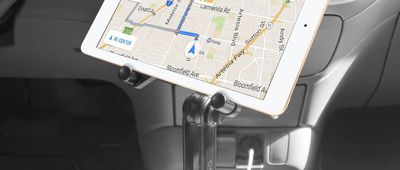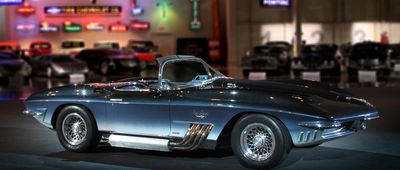Cruise Control
Cars have long been symbols of freedom and status. Buying a first car is one of the milestones of becoming an adult, and for many, driving is a part of daily life. But especially in the era of Lyft and Uber, it might be time to rethink the idea of car ownership — because it’s a huge waste of money. When you look at the actual expenses that come with car ownership, you start to realize just how crazy it is to spend so much on an item that spends most of its time in the driveway. Do you wonder about the expense of car ownership? Tell us about it in the comments.


















